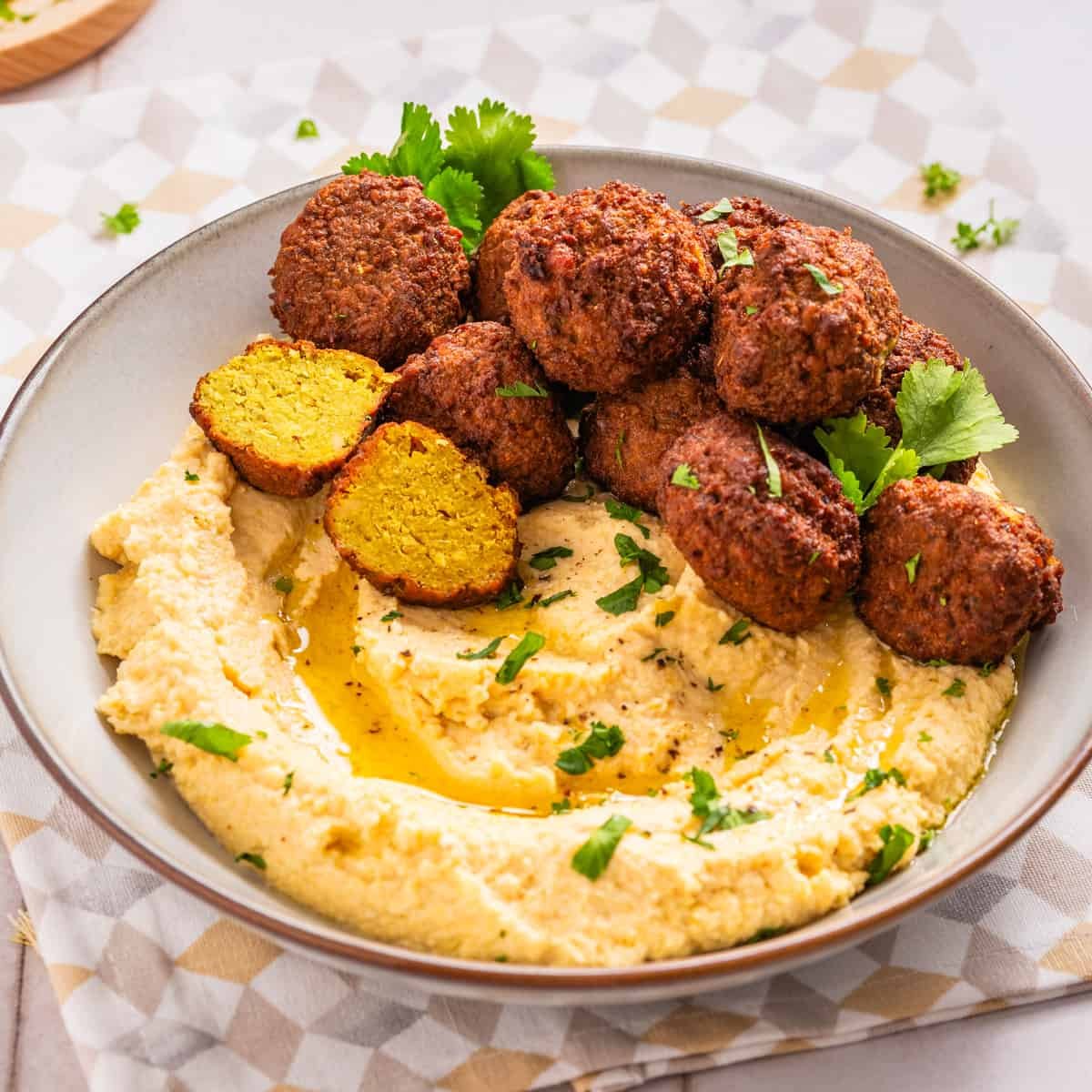Common Ground: Israelis/Jews and Palestinians/Arabs Aren't So Different

Most people unfamiliar with the culture and history of Israel and Palestine might assume that Palestinians and Israelis are fundamentally different, but that couldn’t be further from the truth.
Admittedly, the title of this post might seem a bit awkward. However, if you’ve delved into the history of this conflict, you’ll know just how deeply intertwined these identities truly are.
As a young Palestinian man with no contact with anyone from an Israeli or Jewish background, I once believed our two peoples were polar opposites. But after meeting and befriending many Jewish individuals—and some Israelis—I’ve been struck by how much we share in common.
Cuisine
Food is a universal language, a healer of hearts, souls, and even age-old divides. As the Bible reminds us: "They broke bread in their homes and ate together with glad and sincere hearts" (Acts 2:46).
Israeli and Palestinian cuisines are so intertwined that many dishes carry shared origins and, at times, rivalries. Staples like falafel and hummus, desserts like knafeh and baklava, and the beloved tradition of coffee are savored with equal enthusiasm by both peoples.
These culinary delights remind us that while borders may divide, food can unite.

Language
Arabic is the primary language for Palestinians and Hebrew for Israelis, but both are Semitic languages with similar sounds and shared words. Many Israelis understand Arabic, and some Palestinians know Hebrew, especially those who work or live in Israel. While most Palestinians have never learned Hebrew, they recognize many words and can often deduce meanings of simple phrases.
Values
Family bonds and extended family networks are very similar between the two people. Celebrations and gatherings are highly prioritized and well attended (for example, most Palestinians would feel at home at a Jewish wedding), and there is a lot of respect for elders.
Hospitality is another important value that both people treat as sacred.
Faith
For both people, faith and identity are often two faces of the same coin. Palestinians are typically Muslim or Christian, and their faith identity is a big part of who they are. Israelis are typically Jewish, and the Jewish connection to the Israeli identity is a central (yet complex) theme.
These three faiths, often referred to as the Abrahamic traditions, share many common themes and doctrines, broadly speaking. This faith commitment can at times present challenges, but the truth is that they have far more in common than differences.
The people of Palestine and Israel possess unique, rich cultural traditions and deeply rooted national identities. While extremists often claim that these identities are inherently incompatible and coexistence is impossible, the reality is far more nuanced. In fact, Palestinians and Israelis share many similarities. At Pals for Peace, we believe that emphasizing these commonalities is a powerful way to bridge divides and foster mutual understanding by humanizing one another.
Make Falafel, not war.
